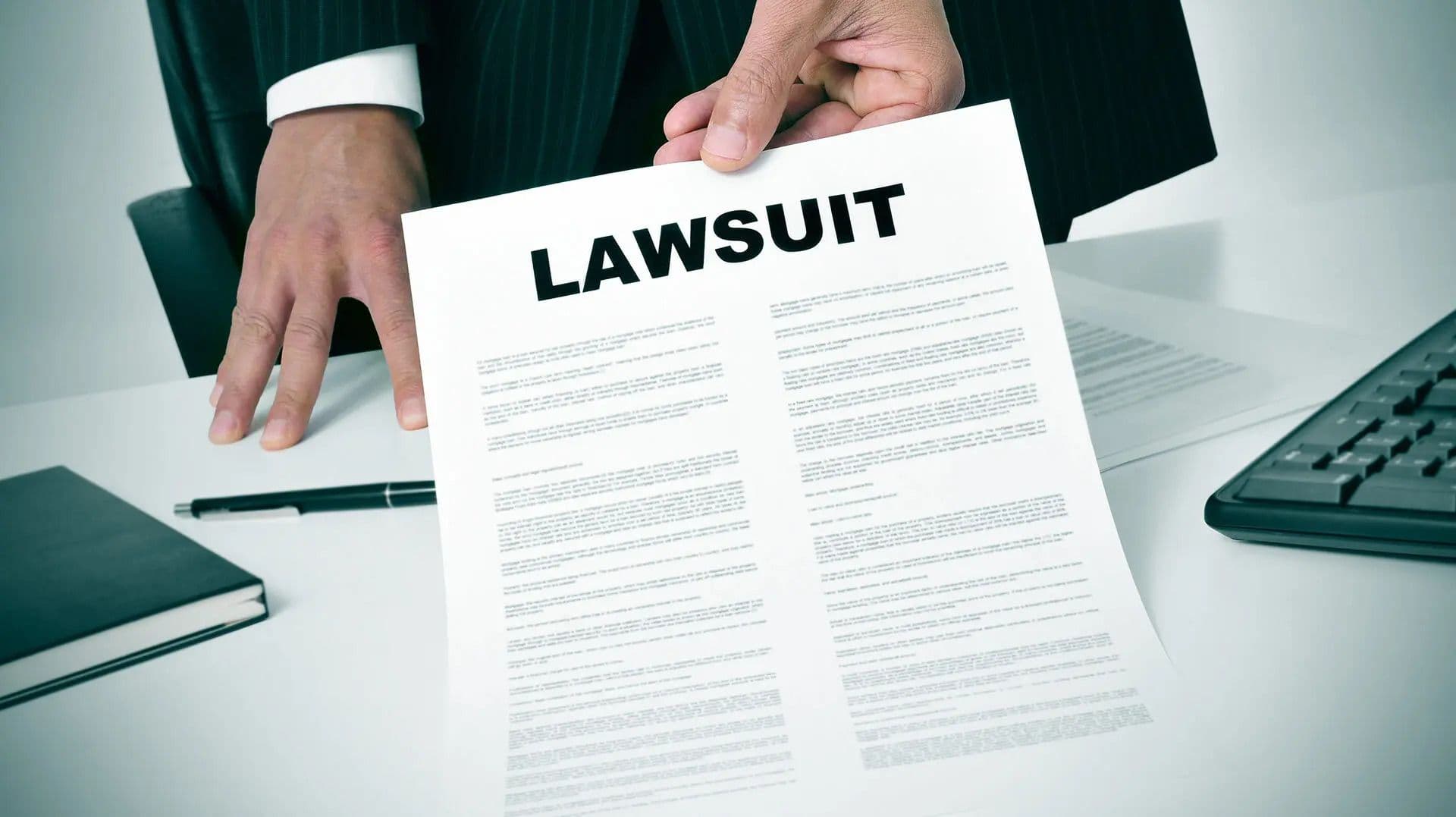Premises Liability: Who Is Responsible? - Moss & Colella

Premises Liability: Who Is Responsible?
- An invitee is someone who is invited onto the property of another, such as a customer in a store. This invitation usually implies that the property owner/possessor has taken reasonable steps to assure the safety of the premises.
- A licensee enters property for his own purpose, or as a social guest, and is present at the consent of the owner.
- A social guest is just that, a welcome visitor to the property.
- Finally, a trespasser enters without any right whatsoever to do so. In the case of licensees and trespassers, there is no implied promise that reasonable care has been made to assure the safety of the property.
Condition of the Property and Actions of the Visitor
In states where consideration is given to the condition of the property and the activities of the owner and visitor, a uniform standard of care is applied to both invitees and licensees. This uniform standard requires the exercise of reasonable care for the safety of the visitor, other than a trespasser.
Determining whether the standard of reasonableness required by an owner toward licensees (and in some states, both licensees and invitees) has been met requires an examination of numerous factors including:
- Circumstances under which the visitor entered the property;
- Use to which the property is put;
- Foreseeability of the accident or injury that occurred;
- Reasonableness of the owner/possessor's effort to repair a dangerous condition or warn visitors.
Trespassers on Property
With respect to trespassers, if the owner knows that it is likely trespassers will enter the property, he or she may be charged with a duty to give reasonable warning to prevent injury. This requirement applies only with respect to artificial conditions that the owner has created or maintains, and knows may be likely to cause serious injury or death.
Children on Property
A landowner's duty to warn is different with respect to children who are not authorized to be on a property. A property owner/possessor must give warning if he or she knows (or should know) that children are likely to be on the premises, and that a dangerous condition on the premises is likely to cause serious bodily injury or death. See Dangers to Children: What is an Attractive Nuisance? to learn more.
Comparative Fault: When Both Parties are at Fault
One of the most commonly used limitations on a property owner/possessor's liability is the argument that the injured person was partially at fault for what happened. A visitor has a duty, in most cases, to exercise reasonable care for his or her own safety. Where that care is not exercised appropriately, the plaintiff's recovery may be limited or reduced by his or her own negligence.
Most states adhere to a "comparative fault" system in personal injury cases, meaning that an injured person's legal damages will be reduced by a percentage that is equivalent to his or her fault for the incident. So, if it is decided that an injured person was 25% liable for an accident, and the total damages were $10,000, he or she will receive only $7,500.
Special Rules for Lessors and Landlords
Special rules of liability may apply in cases of lessors (landlords) of property. The general rule holds that a lessor is not liable to a lessee, or anyone else, for physical harm caused by a condition on the property. This general rule is based partially on the lessor's presumed lack of control over the property once it is leased, but the rule has numerous important exceptions.
Get Free Legal Help for a Premises Liability Injury
If you or a loved one has suffered a premises liability injury, you should speak with an experienced attorney to ensure that your legal rights to compensation are fully assessed and protected. The first step is to contact a lawyer for a free analysis of your claim, with absolutely no obligation. If it is determined that you have a valid claim, many lawyers will work with you on a contingency basis, collecting payment only if you win or settle your case.
client review
I was referred to Moss & Colella in 2018 following a car accident. I cannot tell you how confident and safe I felt knowing that I was in good hands. David, and Ryan made sure that I always had any questions or concerns addressed in a timely manner. I appreciated their compassion, and understanding as I got emotional, and the reassurance they provided, made me feel important and valued as a client. If you need a great lawyer for an injury, this is your firm! I hope I never need to be in a position where I’d need their help again, but if I did, I’d gladly seek their services!
Michigan Personal Injury Lawyers
Moss & Colella was established in 1997 to offer personal attention to clients. The firm is recognized as a leader in personal injury litigation and will always have an attorney ready to help win your case.

